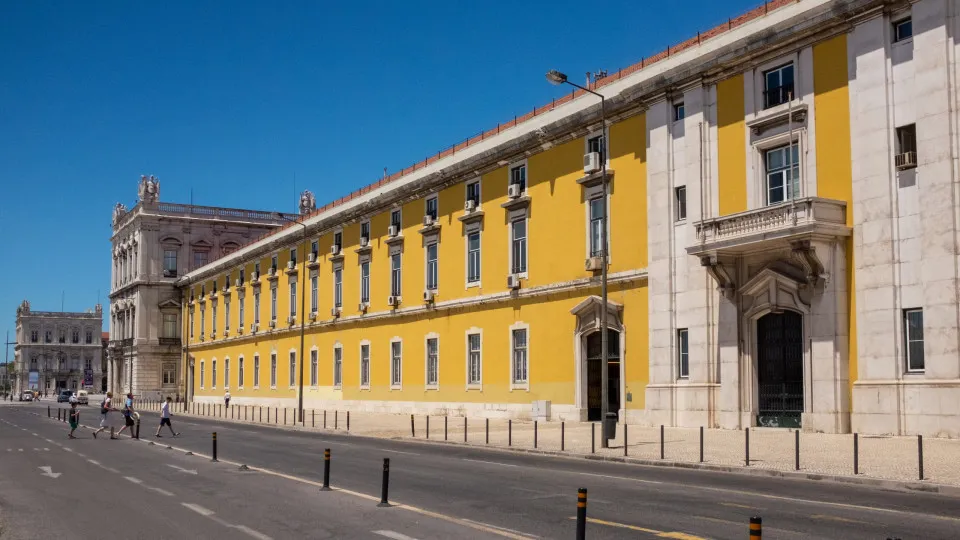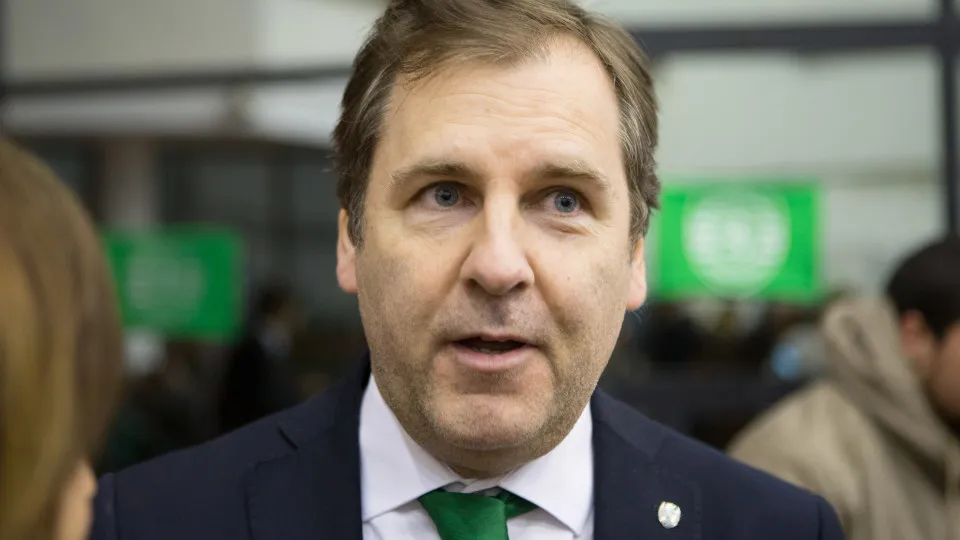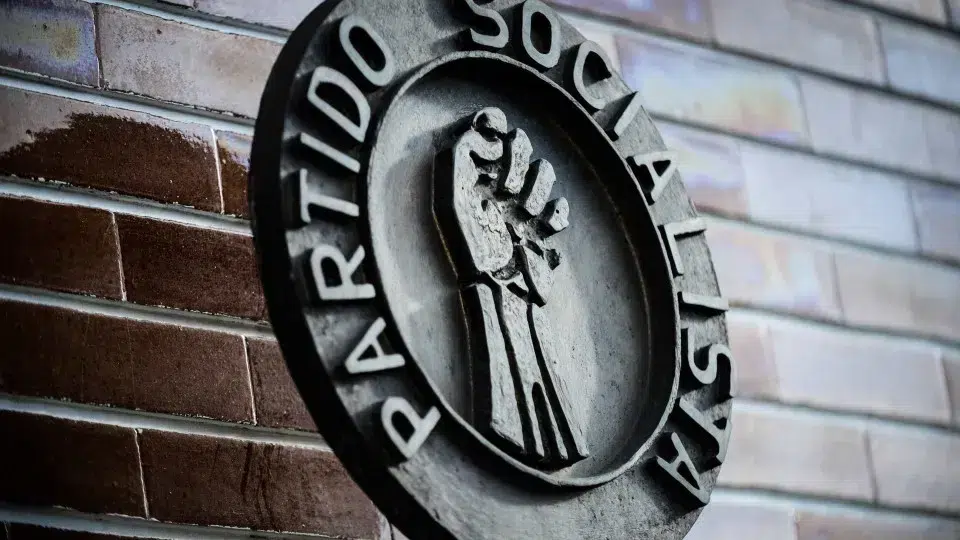
Portugal has submitted its budget plan to Brussels following the presentation of the OE2026 by the executive last week, as noted today on the European institution’s website.
Each year, eurozone countries present budget plan drafts to the European Commission, which evaluates them to ensure economic policy coordination among member states and adherence to economic governance rules.
These budget plan drafts are assessed as compliant, broadly compliant, or at risk of non-compliance.
In November, the European Commission stated that Portugal’s State Budget proposal for 2025 did not fully comply with EU recommendations due to continued energy subsidies, which Portugal had been advised to remove.
At the time, the Commission requested that Portugal reverse the benefit related to the Tax on Petroleum Products and Energy (ISP) and indicated that it would monitor this request.
In the recent submission to Brussels regarding OE2026, the Government included a chapter on the “adequacy of the measures presented in the budget plan to country-specific recommendations and targets set by the EU growth and employment strategy.”
The European recommendation on the “phasing out of fossil fuel subsidies” concerning energy policy is highlighted.
Regarding OE2026, following criticisms from Brussels, the Government announced the end of the ISP benefit.
The issue pertains to discounts on ISP for gasoline and diesel purchases, support measures introduced in 2022 and 2023 due to the energy crisis related to the Ukraine war and high inflation.
The measures reported to Brussels also mention support initiatives for housing and defense investments.
OE2026 projects a 2% economic growth, a budget surplus of 0.3%, and a reduction in public debt to nearly 90% this year.
For next year, economic growth is estimated at 2.3%, a budget surplus of 0.1%, and public debt close to 88%, marking the first time since 2009 it is expected to fall below 90% of GDP.
[Updated at 12:47 PM]




